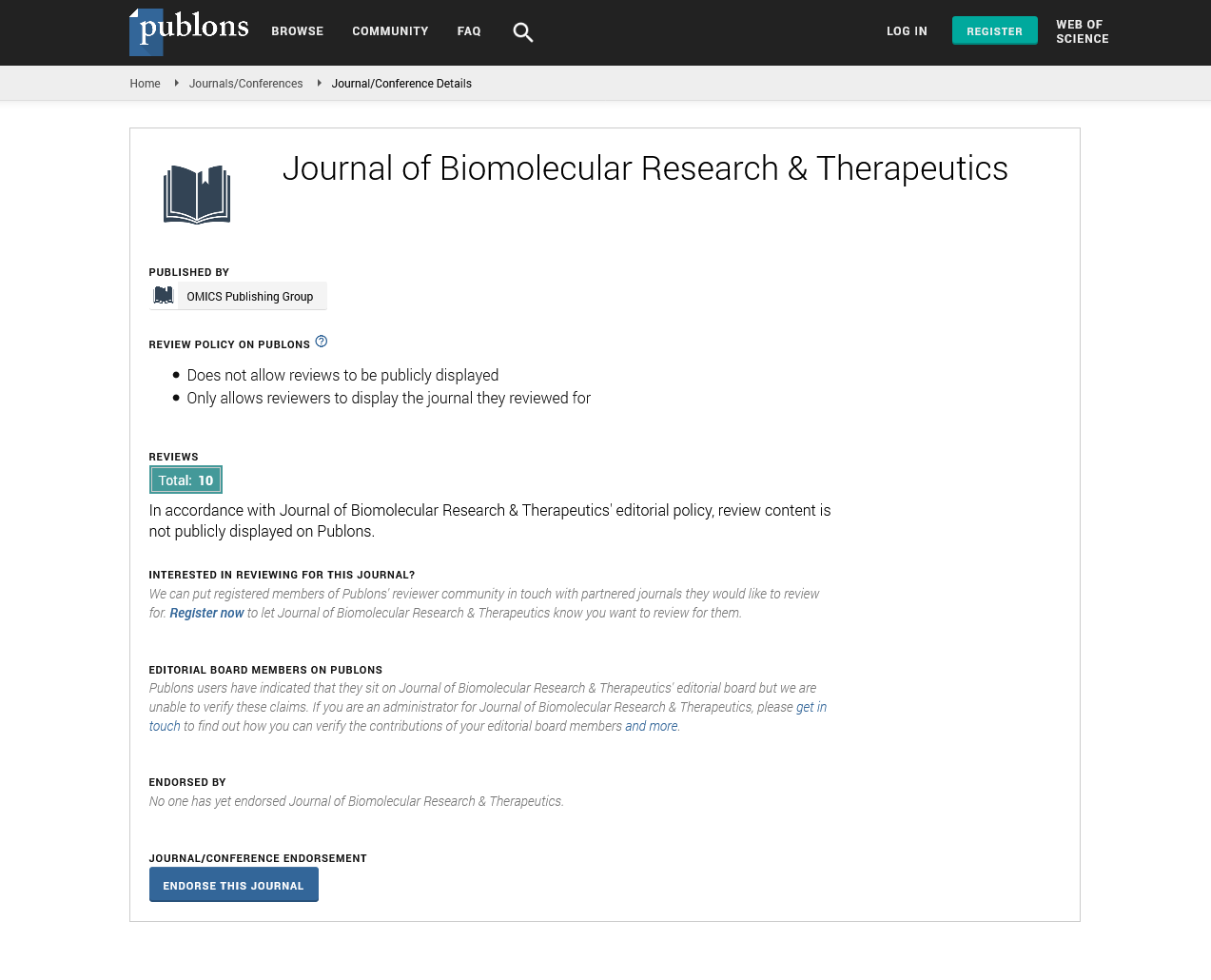Indexed In
- Open J Gate
- Genamics JournalSeek
- ResearchBible
- Electronic Journals Library
- RefSeek
- Hamdard University
- EBSCO A-Z
- OCLC- WorldCat
- SWB online catalog
- Virtual Library of Biology (vifabio)
- Publons
- Euro Pub
- Google Scholar
Useful Links
Share This Page
Journal Flyer

Open Access Journals
- Agri and Aquaculture
- Biochemistry
- Bioinformatics & Systems Biology
- Business & Management
- Chemistry
- Clinical Sciences
- Engineering
- Food & Nutrition
- General Science
- Genetics & Molecular Biology
- Immunology & Microbiology
- Medical Sciences
- Neuroscience & Psychology
- Nursing & Health Care
- Pharmaceutical Sciences
Alexander (Leggy) Arnold
-arnold--13927.jpg)
Alexander (Leggy) Arnold
Assistant Professor, Department Of Chemistry and Biochemistry
University of Wisconsin at Milwaukee, Milwaukee, USA
Biography
Professor Alexander (Leggy) Arnold received his Ph.D. degree from the University of Groningen (Netherlands) under supervision of Professor Ben Feringa in 2002. His research resulted in the development of one of the most selective catalysts for the enantioselective 1,4-addition and other asymmetric reaction with more than 318 citations. He also introduced the first catalytic enantioselective methodology to synthesize prostaglandins. His postdoctoral research at the University of California- San Francisco in the research laboratory of Dr. Kip Guy let to the discovery of the first transcriptional modulators inhibiting the interactions between the thyroid receptor and coregulators. In 2005, Dr. Arnold started at St. Jude Children’s Research Hospital and was promoted to a scientist in 2007. His responsibilities included the execution of high throughput screens (HTS), validation of hit compounds, development of lead compounds (SAR), preclinical profiling of drug candidates, the management of four Research Technologists, and the guidance of three Postdoctoral Associates employed by the In the department of Chemical Biology and Therapeutics. Since 2009, Dr. Arnold is an Assistant Professor at the University of Wisconsin - Milwaukee and founding member of the Milwaukee Institute for Drug Discovery. His research interests are focused on the discovery and development of new drugs targeting nuclear receptors and ion-channels.
Research Interest
The research interest of the Arnold Group is focused on discovery and development of novel modulators of the vitamin D receptor and the GABA(A) chloride ion-channel. The approach for both targets is high throughput screening. Whereas fluorescence and luminescence-based assays have been used to develop the first irreversible inhibitors of the vitamin D receptor-coregulator interaction, high throughput electrophysiology was applied to identify and characterize novel subtype-selective ion-channel moldulators. In addition, the Arnold Group is developing new preclinical methods for the early characterization of hit compounds and supports all lead compound development with in vivo ADME. For further details see: www.arnoldgroup.org. Research topics include Medicinal Chemistry, High Throughput screening, Assay Development, Nuclear Receptors, ion-channels, ADME, Drug Discovery, Organic Chemistry.

